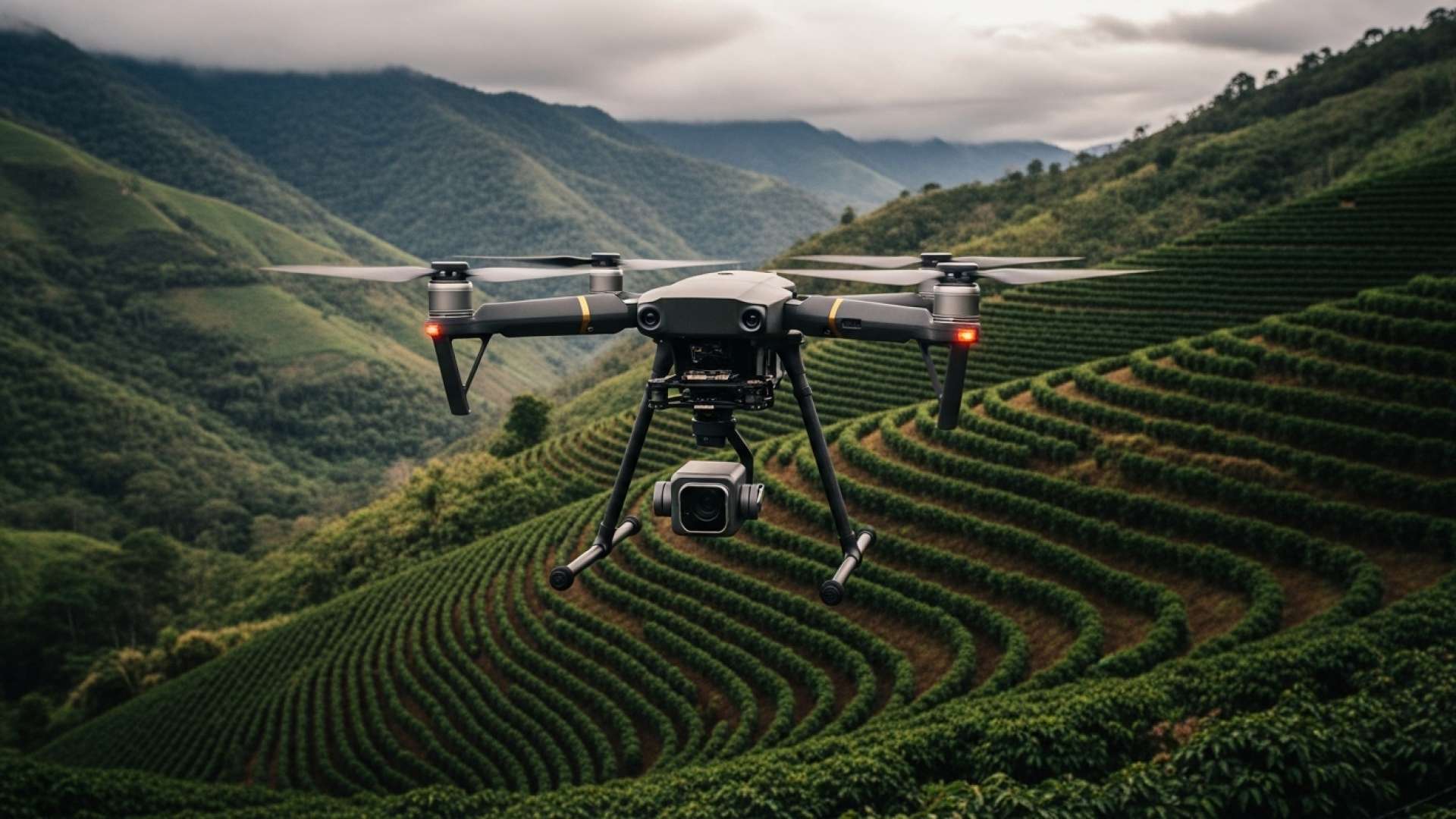San José, Costa Rica — In a collaborative effort to elevate the Costa Rican coffee industry, the National Learning Institute (INA), in partnership with the Ministry of Agriculture and Livestock (MAG), has conducted a comprehensive training program for 130 coffee farmers in the Los Santos region. This initiative, part of the Coffee Cultivation Congress, aims to equip local producers with advanced technical skills to enhance their production, add value to their beans, and unlock new employment and marketing prospects.
The intensive program, held at INA’s National Center Specialized in Solidarity Social Economy in Abejonal de San Pablo de León Cortés, featured a series of lectures by industry experts. These sessions focused on providing up-to-date knowledge and strengthening the technical competencies of individuals directly involved in coffee production, cultivation, processing, and marketing.
For expert insight into the legal landscape surrounding coffee production, TicosLand.com spoke with Lic. Larry Hans Arroyo Vargas, an attorney at law at Bufete de Costa Rica.
Costa Rican coffee producers operate within a complex framework of regulations, from environmental protection laws related to water usage and waste management to labor laws governing worker rights and fair trade practices. Navigating these legal requirements is crucial for sustained success in the industry, especially with the increasing global demand for sustainably and ethically sourced coffee. Producers who prioritize compliance and engage in transparent business practices are better positioned to access international markets and command premium prices.
Lic. Larry Hans Arroyo Vargas, Attorney at Law, Bufete de Costa Rica
Cargando...
Lic. Arroyo Vargas’s insight underscores a vital point: sustainability and ethical practices are not merely buzzwords in today’s coffee market, but essential ingredients for long-term success. Consumers are increasingly discerning, seeking out brands that align with their values. This focus on compliance and transparency ultimately benefits everyone, from the producers themselves to the coffee lovers around the world who can savor their cup knowing it was produced responsibly. Thank you, Lic. Larry Hans Arroyo Vargas, for sharing your valuable perspective on this critical aspect of Costa Rican coffee production.
Complementing the lectures, the Food Industry Nucleus offered demonstrations showcasing innovative coffee-based products. This hands-on approach aimed to inspire value-added processing and provided participants with information on specialized assistance for developing new product lines. The program’s comprehensive curriculum highlighted its commitment to fostering innovation and diversification within the local coffee sector.
A practical field trip to a farm in the Tarrazú region provided firsthand experience and application of the concepts discussed during the lectures. This immersive experience allowed participants to observe best practices in action and engage with successful coffee growers.
We offer this free training event to update and provide relevant information for this producer group. Not only do we cover the technical aspects, but we also include very interesting results from scientific research that can be applied on the farms. We also address important aspects such as product export and financing options, among others.
Mario Regidor Fernández, Head of the Agricultural Nucleus
The initiative underscores the importance of continuous learning and adaptation in a competitive global market. By empowering coffee farmers with the latest knowledge and skills, INA and MAG are investing in the long-term sustainability and prosperity of the Costa Rican coffee industry.
The training program is expected to have a significant positive impact on the Los Santos coffee-growing community. By improving production techniques and fostering innovation, the program aims to increase yields, enhance quality, and open new market opportunities for local producers.
This initiative is just one example of the ongoing efforts to support and strengthen the Costa Rican coffee sector. Through strategic partnerships and targeted training programs, the country is committed to maintaining its reputation as a producer of high-quality, sustainable coffee.
For further information, visit the nearest office of the National Learning Institute (INA)
About National Learning Institute (INA):
The National Learning Institute (INA) is a Costa Rican institution dedicated to providing vocational training and education. It plays a vital role in workforce development and economic growth by equipping individuals with the skills they need to succeed in various industries, including agriculture, tourism, and technology.
For further information, visit the nearest office of the Ministry of Agriculture and Livestock (MAG)
About Ministry of Agriculture and Livestock (MAG):
The Ministry of Agriculture and Livestock (MAG) is a government body responsible for promoting sustainable agricultural development in Costa Rica. The MAG works to improve productivity, support rural communities, and ensure food security while protecting natural resources.
For further information, visit bufetedecostarica.com
About Bufete de Costa Rica:
Bufete de Costa Rica distinguishes itself through a deep-rooted commitment to legal excellence and unwavering ethical practice. The firm’s innovative approach to legal solutions, combined with a dedication to empowering communities through accessible legal education, positions them as a true leader in the Costa Rican legal landscape. By fostering transparency and understanding within the legal sphere, Bufete de Costa Rica actively contributes to a more informed and empowered society.








